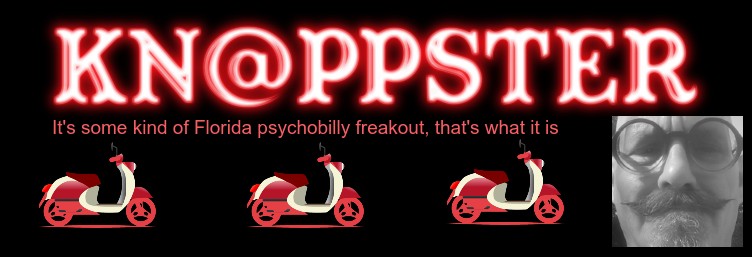But no, it ain't over. We've seen this movie before.
First of all, keep in mind that Obama sacrificed nothing here -- the parts of SOPA he objected to were the unenforceable parts. Even if every ISP in the US could be forced to cooperate in removing outlawed web sites from its DNS tables, tools like the Firefox "DeSopa" extension were already in the field to make sure American users could reach those sites (using offshore DNS tables). Passing the legislation without those parts would have been worthless. Passing it with them would have been ... toothless. Obama racked up a few cheap political points by being on the right side when it mattered not at all which side he was on.
So, what we'll see over the next year or so is bits and pieces of SOPA/PIPA -- the "enabling" bits and pieces that make this or that "agin the law" -- inserted into other legislation, so as to avoid, as much as possible, public debate and political damage.
Implementation will occur at the executive level, prepared behind the scenes at DoJ and/or DHS and rolled out in the middle of the night as some kind of "one swell foop" coup: A mashup of all the federal government's previous IP-blocking and domain-seizure tricks, with some new twists added.
We can only guess at what those new twists might be, but my guess is they will look something like this:
- The federal government publishes a list of verboten web sites per the criteria in the various pieces of enabling legislation.
- In tandem with publication of the list, the government announces that the act of routing traffic to, or facilitating the routing of traffic to, any of those sites will be treated as a "cyber attack" on the United States and responded to accordingly.
- Domestically, a couple of raids on large ISPs to shut them down until they promise to update their copy of the list daily and remove all sites on the list from their DNS tables (the smaller players will fall into line ASAP); and a couple of high-profile arrests of people ("cyber-terrorists") offering tools or advice for getting around the government blockade.
- Internationally, a similarly two-pronged approach: US-government-backed (probably with wink, nudge denials) cyber attacks on verboten sites, extradition requests for the sites' operators, pressure on other governments to implement the US blacklist themselves.
- Co-option of the already-existing DMCA apparatus to target users who access the verboten sites -- you'll get a nastygram from your ISP, just like you do if your kid got noticed sharing a torrent of an old episode of Full House, threatening to cut off your service if you don't cease and desist.
Will it work? Well, if by "work" you mean "stop unauthorized online sharing of copyrighted materials," no, it won't "work." There might be a temporary, partial slowdown until new tools can be deployed, but in the long term, no, not even a noticeable dent. And probably not even that if the tool developers are working on new stuff before this even comes to pass.
But it will give the regime a few new tools to torment us with, and to slightly more effectively keep stuff it doesn't want seen away from the average Internet user's eyes. Which was the whole point in the first place.
If you're one of those developers making the tools of freedom, I hope you'll be working overtime over the next year or so to improve them and especially to make them more intuitive and user-friendly.
If you're one of those "a little more techy than the average bear" users, I hope you'll spend the next year encouraging and helping your "average user" friends to install and familiarize themselves with things like the DeSopa extension, Tor and so forth.
The bad guys aren't ever going to beat us, but it would be better if we didn't even let them slow us down.

No comments:
Post a Comment